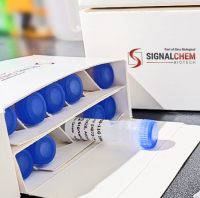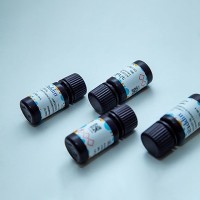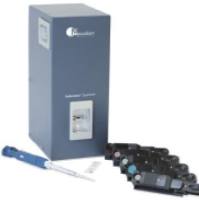Molecular Epidemiology of Human Cancer Risk: Gene-Environment Interactions and p53 Mutation Spectrum in Human Lung Cancer
互联网
564
Epidemiology has identified several etiological factors in lung cancer, of which the most important are exposure to cigarette smoke and other uses of tobacco products (1 ,2 ). Epidemiological studies also have proved the synergistic effects between many of these factors, for example smoking and radon, and smoking and asbestos (3 ). Owing to the long latency of the carcinogenic effect, the multietiology of cancer, and the interindividual differences in cancer risk, molecular studies are now being used in conjunction with epidemiological methods in order to gain a deeper understanding of cancer causation at an individual level (4 ). In molecular epidemiology, the mechanistic hypotheses are tested in studies with epidemiological design. Family cancer syndromes, chromosomal instability syndromes, and the genes identified as causes for them (5 ,6 ), as well as a better understanding of the mechanism of chemical carcinogenesis with the key role of xenobiotic metabolism (7 ), have opened new avenues for hypothesis development in individual susceptibility (8 ). Current challenges in molecular epidemiology include the establishment of good epidemiological designs and the development and validation of laboratory methods for such studies.









